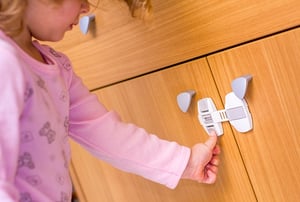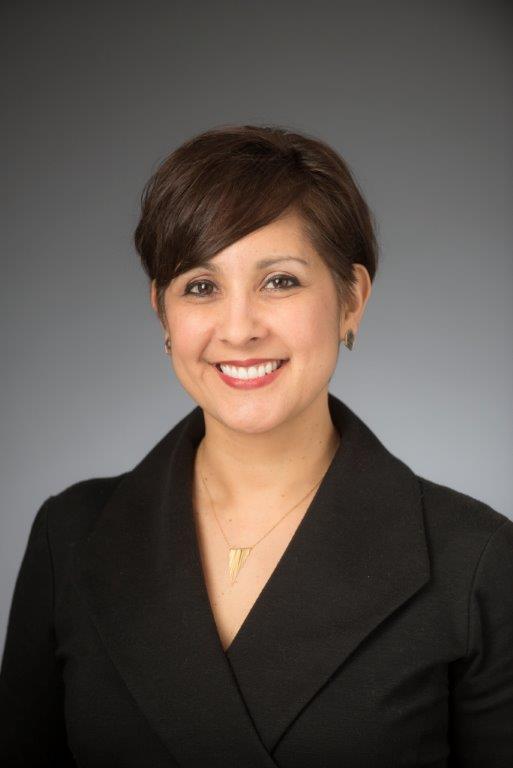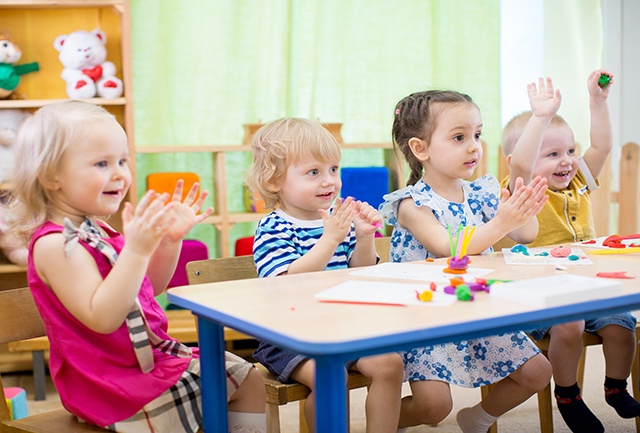
Children grow rapidly, and their developmental milestones include significant emotional, social, intellectual and physical changes. Naturally, kids are inquisitive and learn by exploring—placing items in their mouths, opening containers and cabinets, and imitating other actions they see in the home or in child care. It is no surprise, then, that children ages six and under are vulnerable to possible exposures to unsafe chemicals and/or poison.
A poison is any substance that can be harmful to a person when inappropriately or mistakenly used. The top pediatric exposure to poisonous substances include cleaning products and cosmetic and/or personal care products. Children most frequently swallow a poison, but they can also be exposed by inhaling a product, or by having it touch their skin or eyes. Each year, about one million children ages six or younger ingest or come into contact with a poison, representing approximately half of the poison cases in the United States. Careful considerations are needed to ensure children are protected from poisonous substances within early learning settings.
Poison Prevention Week
National Poison Prevention Week takes place during the third week of March. It was established in 1961 by Congress to help stop the harm related to poisonous exposures. The purpose of the initiative is to advance awareness, lessen the frequency of poisonings, and publicize prevention efforts.
This year, the dates and themes for National Poison Prevention Week are:
- Monday March 19 - Children Act Fast; So Do Poisons
- Tuesday March 20 - Poison Centers: Saving You Time and Money
- Wednesday March 21 – Poisonings Span a Lifetime
- Thursday March 22 – Home Safe Home
- Friday March 23 – Medicine Safety
Throughout the year, two CEH Movement partners, the American Association of Poison Control Centers (AAPCC) and the Pediatric Environmental Health Specialty Units (PEHSUs), share important information about acute and chronic childhood poisoning, steps for prevention, and where to turn for help. The Children’s Environmental Health Network also provides action items and links to advocacy campaigns for anyone interested in demanding safer products and right-to-know from retailers and manufacturers. Consider joining the movement and adding your voice to those calling for safer products for our families and children.
Additional Poison Prevention Resources:
- American Association of Poison Control Centers: Daycare & School Poison Safety
- Children’s Environmental Health Network Poison Prevention Tip Sheet
- CDC Poison Prevention Tips

Eco-Healthy Child Care® (EHCC) is a national program managed by the Children’s Environmental Health Network that partners with child care professionals to eliminate or reduce environmental health hazards found in and around child care facilities. To find out more about Eco-Healthy Child Care®.






